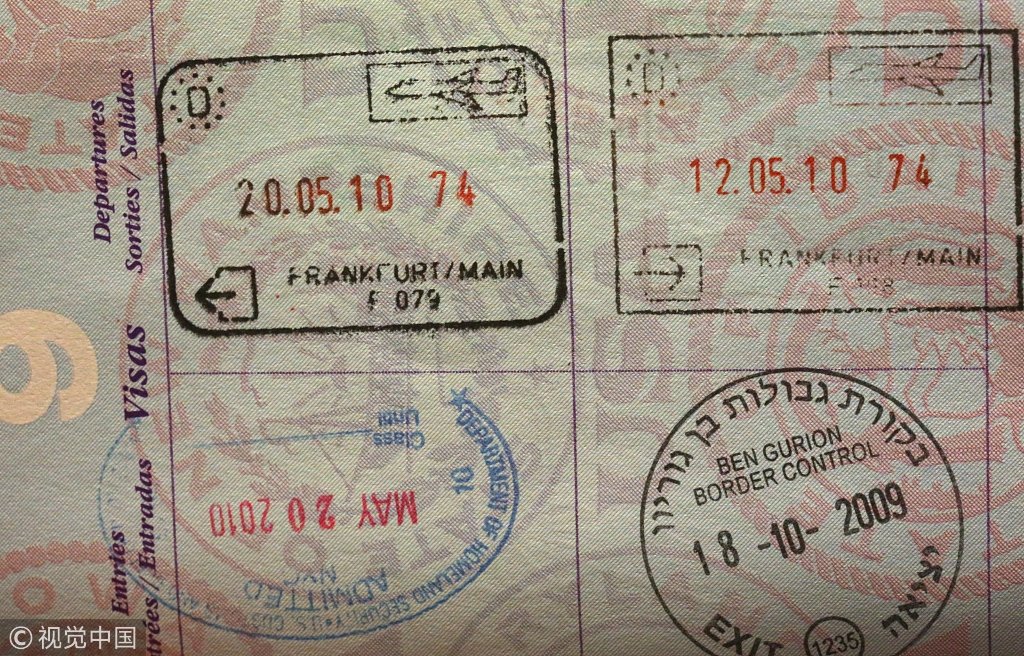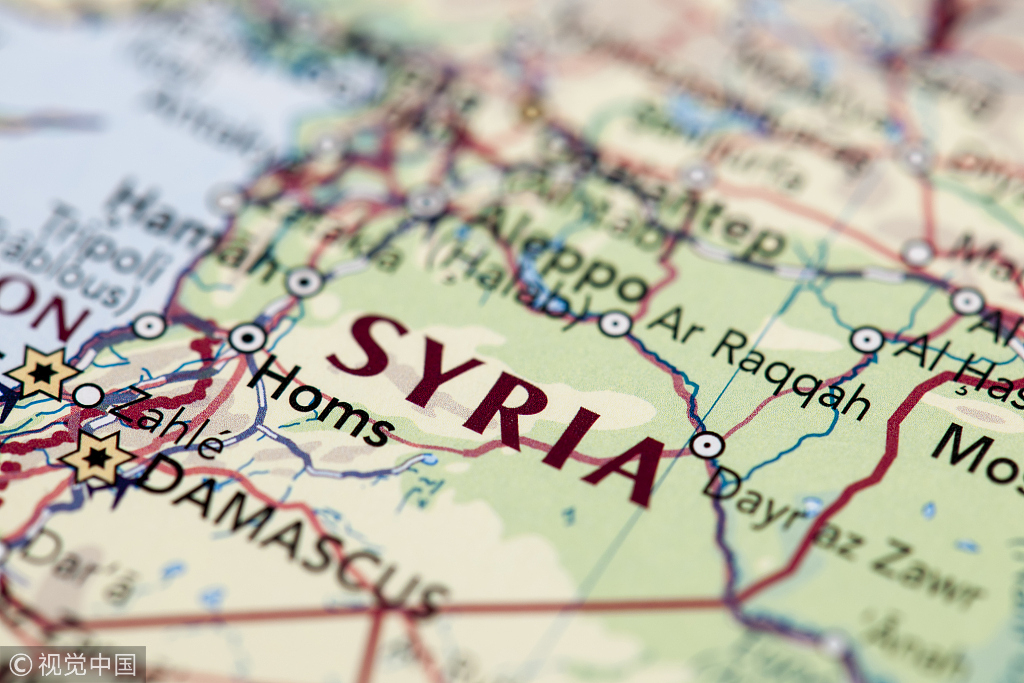
Analysis
16:13, 21-Feb-2019
The plight of the stateless
Updated
22:34, 21-Feb-2019
By Bertram Niles

Teenager Shamima Begum has just become the world's best-known stateless person.
The volunteer so-called ISIL bride, who Britain has announced will be stripped of her citizenship, has also been disowned by Bangladesh, the country where her mother is believed to have been born.
Begum's situation is not an isolated one. In fact, the United Nations estimates that there may be about 12 million people who are stateless around the world and who suffer from incredible hardships.
The world body describes a stateless person as someone who is “not considered as a national by any state under the operation of its law.”
Only last November, the UN High Commissioner for Refugees (UNHCR) sought to bring attention to the problem in an international appeal for “decisive action” to end statelessness, saying it is the right thing to do, “humanly, ethically and politically.”
According to the agency, the millions denied nationality live a dire existence. They often aren't allowed to go to school, see a doctor, get a job, open a bank account, buy a house or even get married.

All the stateless want is access to a passport. /VCG Photo
All the stateless want is access to a passport. /VCG Photo
"Stateless people may have difficulty accessing basic rights such as education, healthcare, employment and freedom of movement," it says. "Without these things, they can face a lifetime of obstacles and disappointment."
Not so long ago, the world was focused on the plight of the Rohingya, a stateless, mostly Muslim minority who have traditionally lived in Myanmar but have links with neighboring Bangladesh. Now, attention is turning to Begum and other ISIL brides in Syria as well as actual jihadists who are reportedly seeking to return to the homelands, mainly in Europe, as the conflict in the Middle Eastern nation nears an end with defeat for the violent extremists.
Yet, in Europe, there seems to be no stomach for having them back.
It is illegal under international law to render a person stateless. So the UK's swift decision to revoke Begum's citizenship, apparently under a misapprehension that she was also a national of Bangladesh, may have to be rescinded, according to British media reports.
Speaking on a television program on Wednesday night, British Home Secretary Sajid Javid, who is responsible for citizenship and immigration, said, however, that he “would never make any decision that would make an individual stateless.”
But Bangladesh's state minister of foreign affairs says there is "no question of (Begum) being allowed to enter into Bangladesh" as she is not a citizen of the country.
The politically fraught case of the 19-year-old mother has become a high-profile one but millions of others are suffering statelessness without the attention of the world's media.

The lengthy civil war in Syria has opened up a new corridor of statelessness. /VCG Photo
The lengthy civil war in Syria has opened up a new corridor of statelessness. /VCG Photo
"Africa's forgotten stateless population," was the headline last week of an online article of South Africa's Mail and Guardian which said that statelessness is increasingly being recognized as a major problem, though it remains poorly documented.
The worldsstateless.org website says that of the 27 states which still discriminate against women in their ability to transmit nationality to their children, nine are in sub-Saharan Africa and many African States do not have safeguards guaranteeing nationality to children born in their territory who would otherwise be stateless. Racial, religious, and ethnic discrimination is also present in the nationality laws of around ten African States and results in individuals being unable to acquire a nationality.
But that is not unique to Africa. Take the case of Syrian-born Maha Mamo, a former long-time stateless person. Because her mother is Muslim and her father is Christian, their marriage is not officially recognized by authorities in Syria, one of the grounds for denial of citizenship to them and their children, forcing the family to move to Lebanon, where they also met restrictive nationality laws.
After completing a master's degree at the only university in Lebanon that Maha said would accept her, she was finally granted citizenship last October at the age of 30 – by Brazil – after sending applications to many nations around the world.
'Good Practices'
Hers was a tortuous route but the UNHCR insists that "statelessness is a man-made problem and relatively easy to resolve and prevent.”
Extolling the aim of the global Sustainable Development Agenda, to which UN member states are committed, to “leave no one behind,” it says, "No one is left farther behind today than stateless persons, who are often left unable to attend school, to work legally, to open a bank account, or to see a doctor. Their exclusion also affects the prosperity and stability of their communities and societies. Indeed, recent events have unfortunately served to demonstrate all too clearly that statelessness remains a potential cause of social upheaval, conflict and displacement, as well as a grave human rights problem for the individuals concerned."
The agency has published a handbook called “Good Practices in Nationality Laws for the Prevention and Reduction of Statelessness” which it says offers examples of legislation that countries can use to avoid childhood statelessness, eliminate gender discrimination from nationality laws and establish procedures to identify stateless persons and facilitate their naturalization.
It's a campaign that deserves much more recognition if the ambitious global goal of eliminating statelessness by 2024 is to be achieved.

SITEMAP
Copyright © 2018 CGTN. Beijing ICP prepared NO.16065310-3
Copyright © 2018 CGTN. Beijing ICP prepared NO.16065310-3